Godspeed
This too shall pass
"If there’s one thing I’ve learned it's that we have seemingly unlimited ingenuity when it comes to using financialization and bailouts to extend unreality a bit further."
Hey there. Welcome new paid subscribers. All proceeds go towards my health insurance. Good thing there’s no inflation!
I wanted to get something out before the election results came out and everyone went even more insane. Some good info below from Louis Gave, Amy Nixon and Danielle DiMartino Booth.
As for the election, I’m remarkably calm right now, largely because I stopped watching all cable news1 in late 2016. I highly recommend doing this.
This should’ve be a campaign issue, and it wasn’t:
The above chart was in a post by the great Louis-Vincent Gave, “Prejudice and China,” which led off with this:
“At an investment conference in Kuala Lumpur recently, I caught up with an old friend and Gavekal client. Over coffee between sessions, we talked about one of the most visible changes of the last few years in Asia: the Chinese cars that have so quickly appeared on roads across the continent. This led us to the comments made in September by Ford chief executive officer Jim Farley. Freshly returned from a visit to China, Farley told The Wall Street Journal that the growth of the Chinese auto sector poses an existential threat to his company, and that “executing to a Chinese standard is now going to be the most important priority.”
By any measure, this is an earth-shattering statement.
Making cars is complicated. Not as complicated as making airliners or nuclear power plants. But making cars is still the hallmark of an advanced industrial economy. So, the idea that China is suddenly setting the standards that others must now strive to meet is a sea-change compared with the world we lived in just five years ago.
This led my friend to question how Farley and other auto industry CEOs could have fallen quite so deeply asleep at the wheel. How could China so rapidly leapfrog established industries around the world without all those very well paid Western CEOs realizing what was happening until two minutes ago?”
I forwarded the above graphic to WSJ Fed-mole Greg Ip. Somebody has to.
"...a legal prohibition of bitcoin or a tax on bitcoin are forms of financial repression that may be useful when the ability of the government to use consumption taxes is limited."
- Minneapolis Fed, “Unique Implementation of Permanent Primary Deficits?”
A Mirage
“US growth is a mirage for most Americans, driven by rising wealth and discretionary spending among the richest consumers, and distorted by growing profits for the biggest corporations. Times look good but this growth is lopsided, brittle and heavily dependent on spending and borrowing by the government, which is typically the lender of last resort.”
“Increasingly, America is a gilded economy, with a shiny but thin veneer. In the corporate sphere, the 10 largest companies account for 36 per cent of stock market cap — a peak since the data began in 1980. The most valuable US stock trades for 750 times more than any stock in the bottom quartile — up from just 200 times 10 years ago, and the widest gap since the early 1930s.”
From the book, “East Central Europe Between the Two World Wars”:
“In a country where over three-fourths of the population was engaged in agriculture, the peasants had become well-nigh unrepresented, as even the nominally peasantist parties were infiltrated and captured—in both personnel and policy terms—by the bourgeoisie, the bureaucracy, and the intelligentsia. Police brutality, ethnic demagoguery, and credit manipulation (“the peasant in debt is the safest voter”) kept the peasants in line. The workers, in turn, heavily employed in foreign-owned extractive industries, had no spokesman at all in this political system. Constitutional and ethnic politics absorbed so much energy and begat such ill-will that insufficient time and vigor were available for pressing social and economic problems.”
“As the productive forces2 of the country were insufficiently developed, the state was not only the chief employer of all salaried people, but also the most important and the quickest source of enrichment. Thus, the conquest and retention of state power became the supreme objective of such a [čaršija] group for economic purposes as well as political…. The service for the state, business with the state, and abuse of state power were the primary sources of wealth.”
The question henceforth was to determine whether the Yugoslav experiment had gone awry…”
Amy Nixon with Todd Sachs. Good discussion of real estate, centered on Dallas. Money quote from Amy: "Remember, the Fed is Wall Street."
“We are regressing”
Danielle DiMartino Booth with Todd Sachs
Danielle DiMartino Booth: "Fed policy makers changed the way our country operates, and I think that that is underappreciated."
Todd Sachs: "And some may say not for the good."
"a house that should be a home became an asset class"
“We weren’t measuring asset price inflation”
“We weren't measuring asset price inflation. So the organization came to appreciate that, okay, it was a stumbling block. We need to find a new way to measure inflation. Let's not repeat the sins of 2006 and 2007, when we're not seeing home prices, and the stock market, and bond prices go to the moon. We're going to need a new mouse trap.
So there was a lot of introspection, there was a few years of writing staff papers across the entire system, and in the end they said we do need a new inflation metric, we just can't use it. Why? Well, see we've invented this thing called balance sheet policy, and quantitative easing, and buying up oodles of treasuries and mortgage-backed securities, which was supposed to be a no-no according to the 1913 Federal Reserve Act.
The Fed was never ever intended or supposed to be in the business of credit easing. If you're easing credit to one subsector of the economy, i.e., housing, you might end up meddling with markets and making housing oh, I don't know, an object of speculation. Did we learn the lessons of quantitative easing and mortgage-backed securities? No, the Fed doubled down after the pandemic hit.
After all of that introspection the Fed said we're going to have to stick with the old inflation measures, because the new ones that might give us better guidance aren't going to allow us effectively to break the rules and continue with this quantitative easing policy, at which point you might as well just set my hair on fire.”
The median age of first-time homebuyers is now 38, up from 29 in 1981. The average age of U.S. homebuyers is now 56.
As an aside, the Fed still owns $2.266 TRILLION of mortgage-backed securities. They owned NONE in 2008.
The overall US CMBS delinquency rate increased to 5.98%, an increase of 28 basis points for the month. (The all-time high on this basis was 10.34% registered in July 2012. The COVID-19 high was 10.32% in June 2020.)
The office delinquency rate reached 9.37%, up from 8.36% in September
The percentage of loans that are seriously delinquent (60+ days delinquent, in foreclosure, REO, or non-performing balloons) is now 5.55%, up two basis points for the month.
One year ago, the US CMBS delinquency rate was 4.63%.
Six months ago, the US CMBS delinquency rate was 5.07%.
Fannie Mae says it suffered losses from commercial mortgage fraud
The crackdown on commercial mortgage fraud is heating up. Fannie Mae confirmed for the first time an ongoing investigation into a litany of schemes that may be far more pervasive than was initially thought. The agency also listed financial losses from mortgage fraud as its top risk factor in its third-quarter earnings filing…
Fannie’s latest earnings report makes some stunning disclosures. The agency acknowledged it did not independently verify information about borrowers provided by outside lenders. Instead, it relied on representations made by lenders about the loans they were buying.
CRE Liar Loans!
Julian Brigden: “Bonds are an instrument of total confiscation”
Julian included a chart - a bit hard to read - but it’s the 10-year US Treasury Futures Index vs VanEck Gold Mine Equity (not sure what that is…GDX didn’t start until 2006. I didn’t pay my Bloomberg Terminal subscription so I can’t really check.)
As I mentioned to Luke Gromen the other day, I wouldn’t buy bonds with your money if you paid me (obligatory: except as a trade!)
“I know nothing that I may say can influence you. You have no souls to be influenced. You are spineless, flaccid things. You pompously call yourselves Republicans and Democrats. There is no Republican Party. There is no Democratic Party. There are no Republicans nor Democrats in this House. You are lick-spittlers and panderers, the creatures of the Plutocracy. You talk verbosely in antiquated terminology of your love of liberty, and all the while you wear the scarlet livery3 of the Iron Heel.4”
Jack London, The Iron Heel
In the Constellation Andromeda, 𝐀𝐥𝐚𝐦𝐚𝐤 is a double star consisting of a K3 bright giant and a B9 dwarf, magnitudes 2.3 and 4.8. Also in Andromeda, 𝐒𝐢𝐫𝐫𝐚𝐡 is a magnitude 2.1 B9 subgiant 100 light years away. I actually researched this after a tip.
I on rare occasion break this rule - for things like elections, if we start a new war, zombie outbreaks, etc.
Jozo Tomasevich, Peasants, Politics, and Economic Change in Yugoslavia (Stanford: Stanford University Press, 1955), pp. 246-47.
“an identifying design”
https://www.britannica.com/topic/The-Iron-Heel





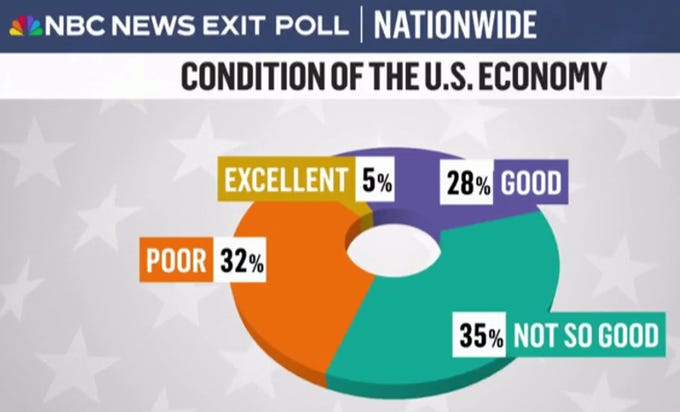
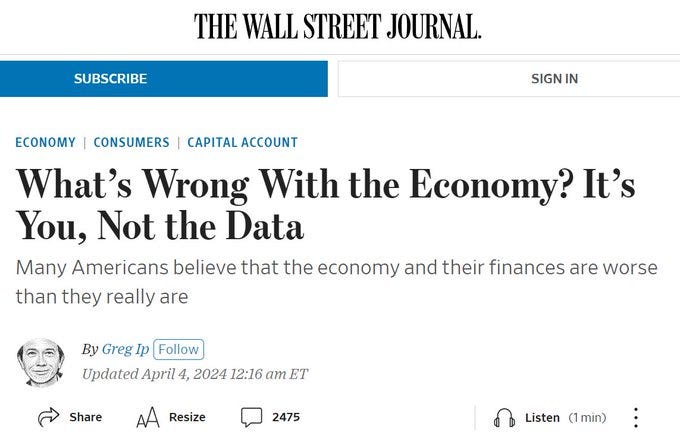


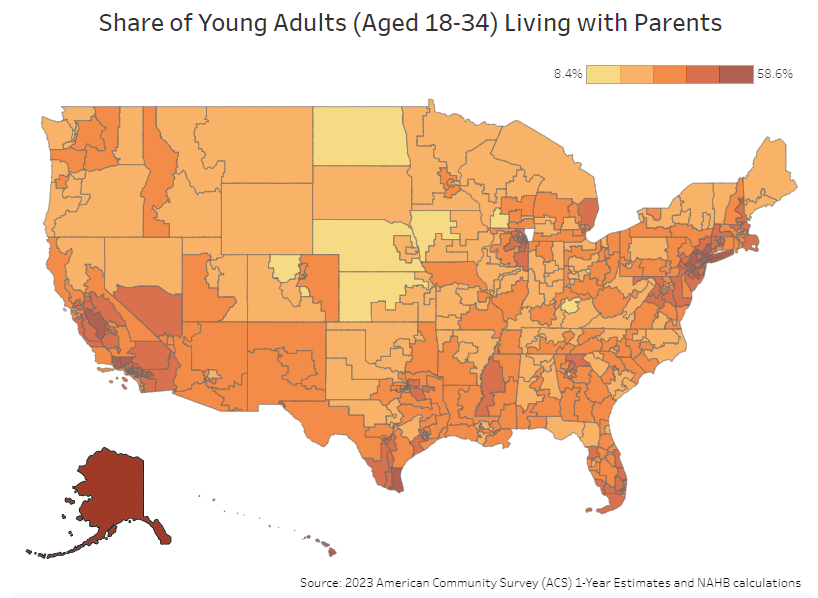
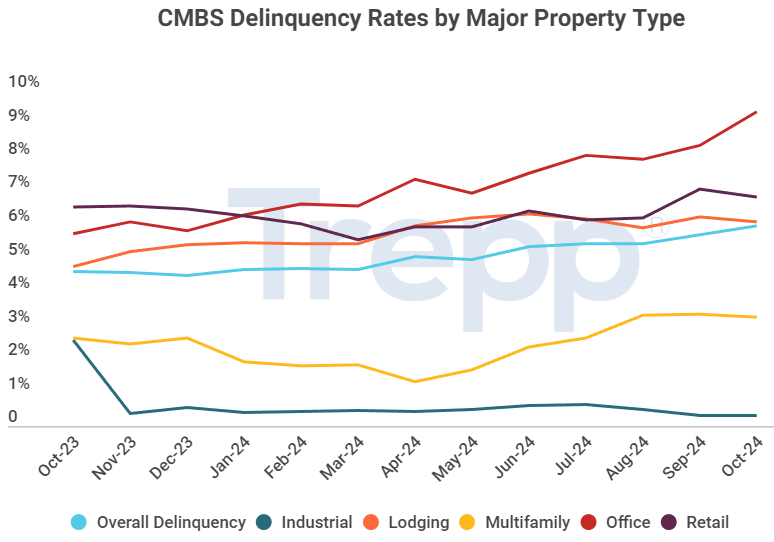
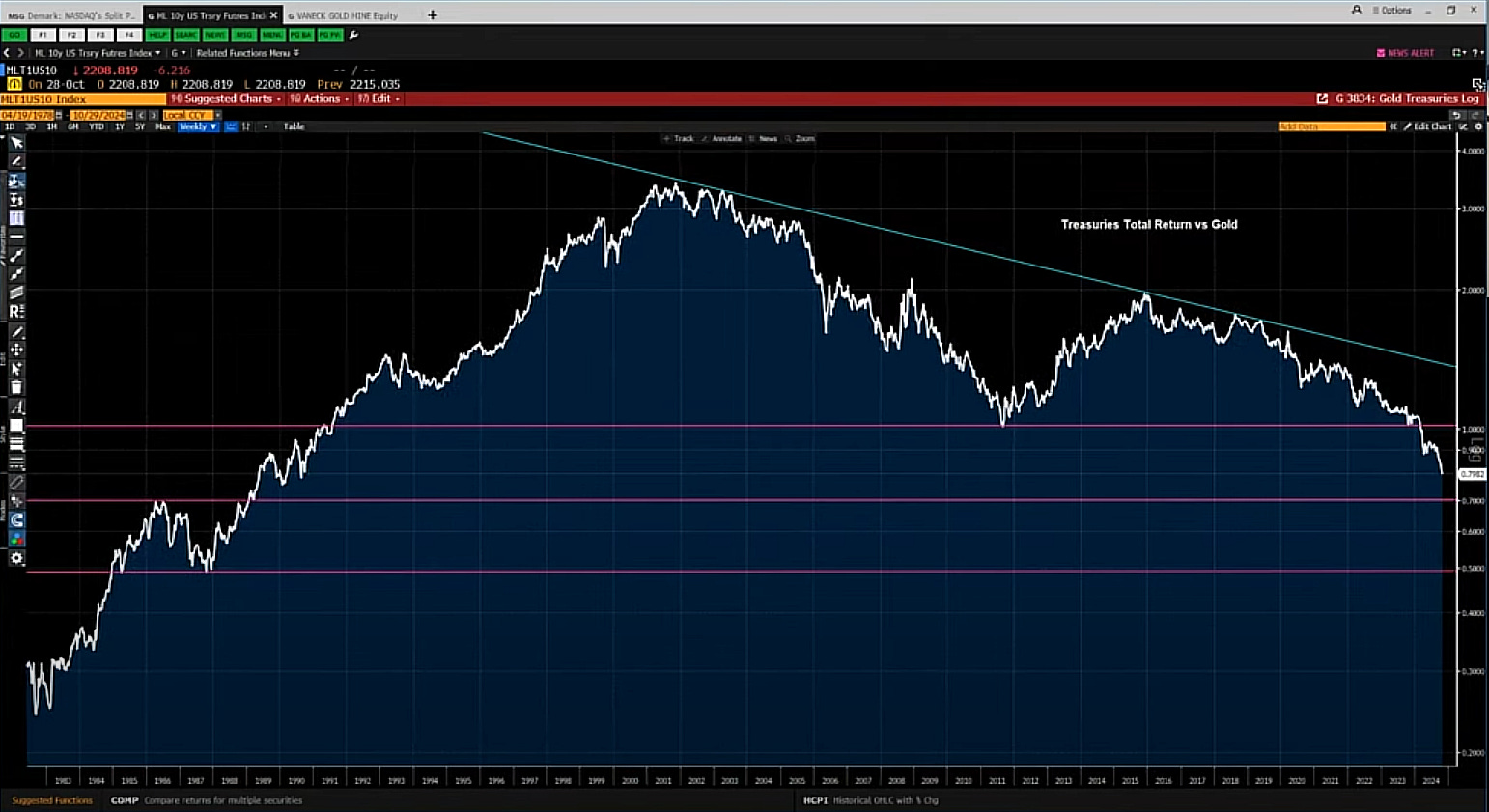
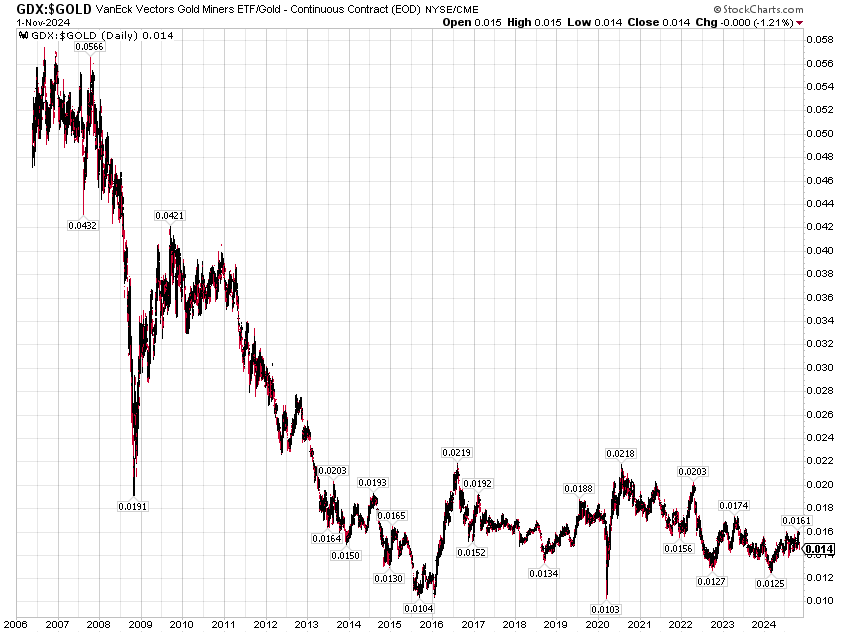
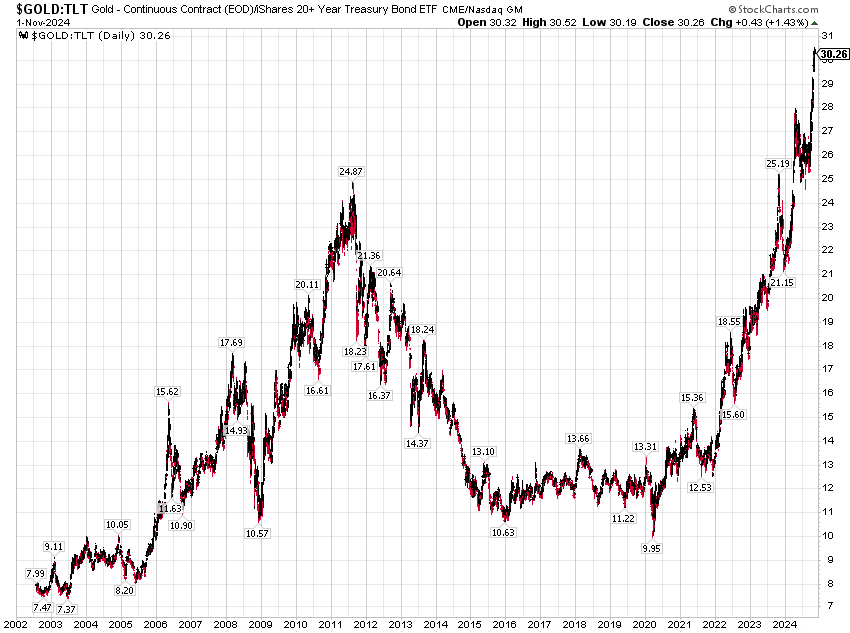
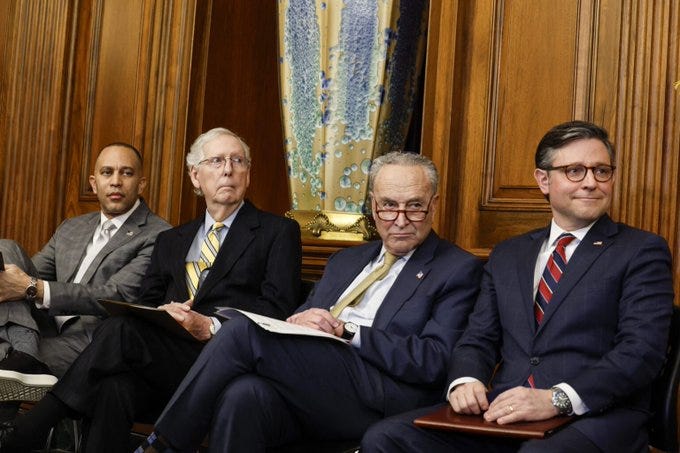
A couple of years ago, I was insulted by Caitlin Johnson when she wrote that the “United States is the most highly propagandized country in the world.” I’ve since learned that she was absolutely correct.
“Wouldn’t buy bonds with your money.”🤣 Given the Fed’s clear predilection for inflation, it’s baffling to me that anyone would invest in Tsy bonds yielding less than say 8%. Seriously, after the inflation of 2022-4 and counting, you still trust the Fed? I need that explained to me.